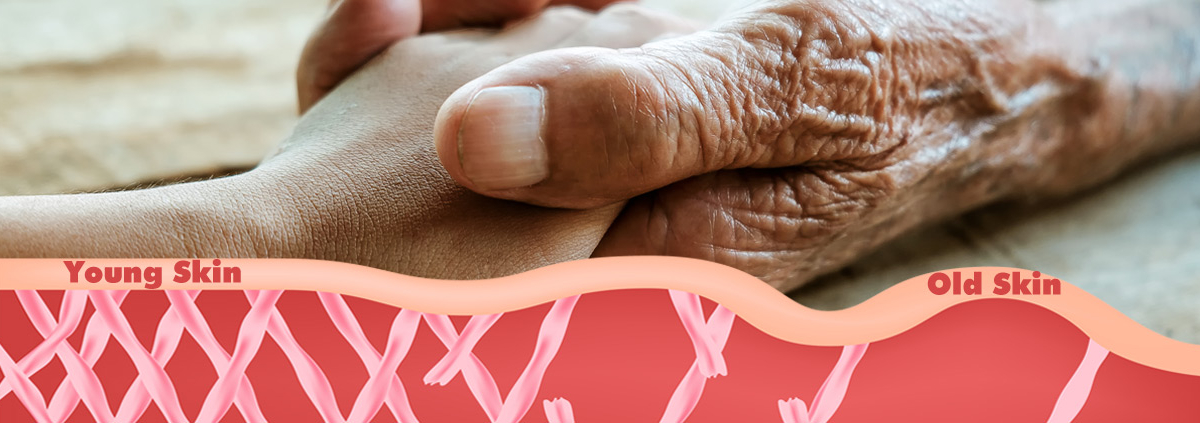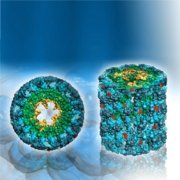The Facts on Collagen Supplementation
After covering collagen basics on Tuesday, two questions remain. Are collagen supplements absorbed or are they digested just like any other protein? Second, does research support the use of collagen supplementation to improve skin quality? Let’s take a look.
Collagen Absorption
The data on collagen absorption is sparse. In almost every study, dipeptides or tripeptides are used; then the change in serum peptides over several hours after ingestion is measured. There’s enough data to suggest that the tripeptides are absorbed as a whole without being broken into individual amino acids.
What hasn’t been tested yet is whether protein ingestion from a meal may interfere with the digestion and absorption process.
Is Collagen Supplementation Effective?
Several review articles have summarized the absorption of collagen. Eleven studies with just over 800 subjects were included in the latest review; eight of those studies used collagen hydrolysate, 2.5 to 10 grams per day, for eight to 24 weeks. They tested whether the supplemental collagen benefitted people with pressure ulcers, dry skin, aging skin, and cellulite, with generally positive results. Two studies used collagen tripeptides, three grams per day for four to twelve weeks, with notable improvement in skin elasticity and hydration. Again, positive results.
I was disappointed to find no research on whether collagen may benefit other connective tissue such as tendons and ligaments. That may help the recovery from rotator cuff or Achilles tendon surgery, among many other conditions.
Practical Application
Based on the data, it appears that collagen tripeptides are absorbed intact to some degree, although I’m still concerned about the absorption in relation to meals. I’m already recommending that essential amino acids be taken at least 15 minutes or longer before a meal. But I think to help with absorption, take collagen tripeptides, usually collagen I and III, about 15 minutes before a meal if it contains protein or a couple of hours afterward. Giving the digestive system a head start may increase absorption. I put mine in my second cup of coffee because it has no flavor and the heat doesn’t impact the tripeptides.
The Bottom Line
Although the evidence is not overwhelming, there are positive results using collagen supplements to benefit your skin. Research shows that it will be absorbed in a form that can help the body make structural collagen for the skin. While the studies I cited used differing amounts of collagen for varying amounts of time, I would try 5 to 10 grams per day for at least 90 days to see results. And pay attention to your muscles and joints; you may find they benefit as well.
What are you prepared to do today?
Dr. Chet
References:
1. Biol Pharm Bull. 2016;39(3):428-34.
2. StatPearls. Biochemistry, Collagen Synthesis. Marlyn Wu; Kelly Cronin; Jonathan S. Crane. 2021. PMID: 29939531
3. J Drugs Dermatol. 2019;18(1):9-16.









